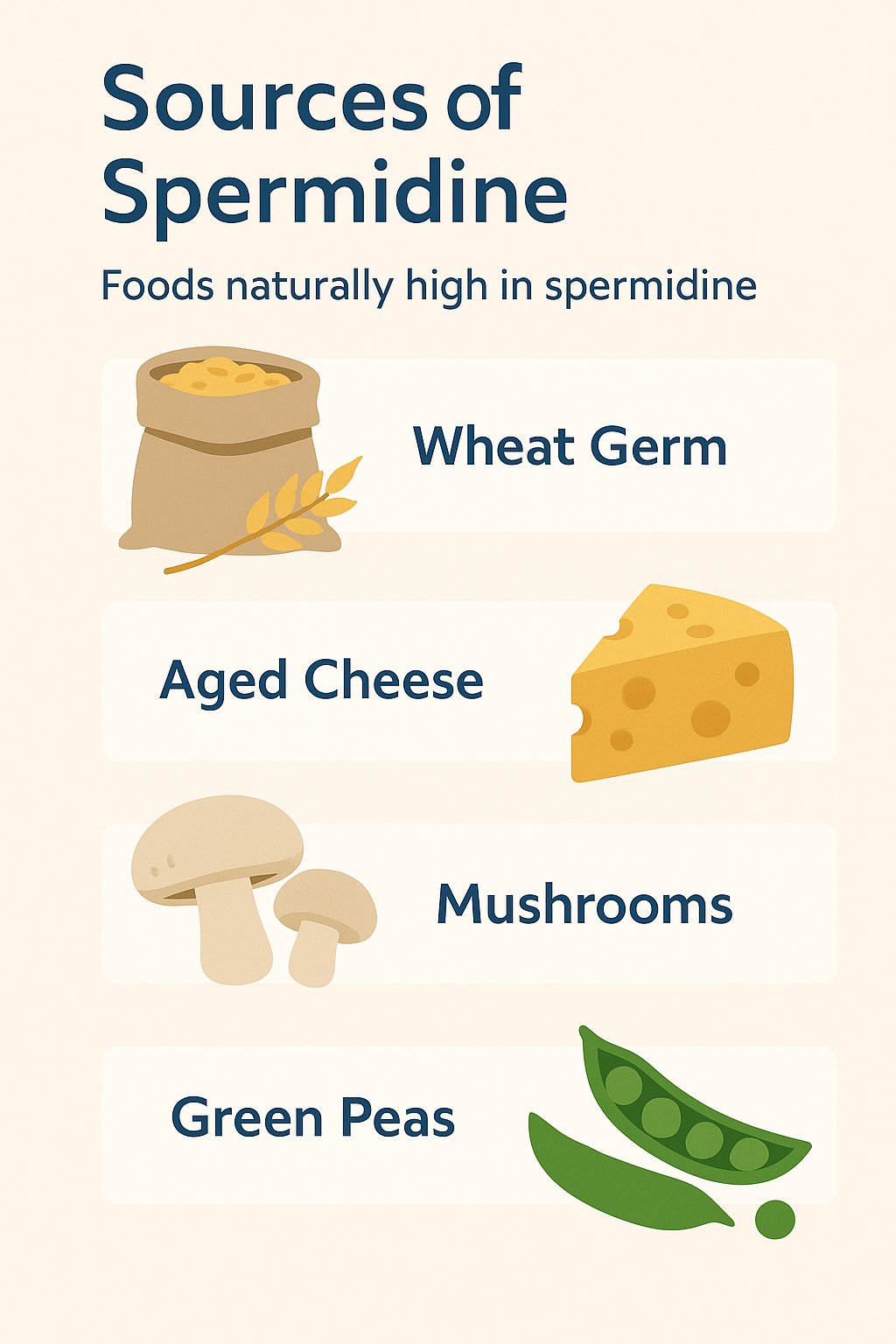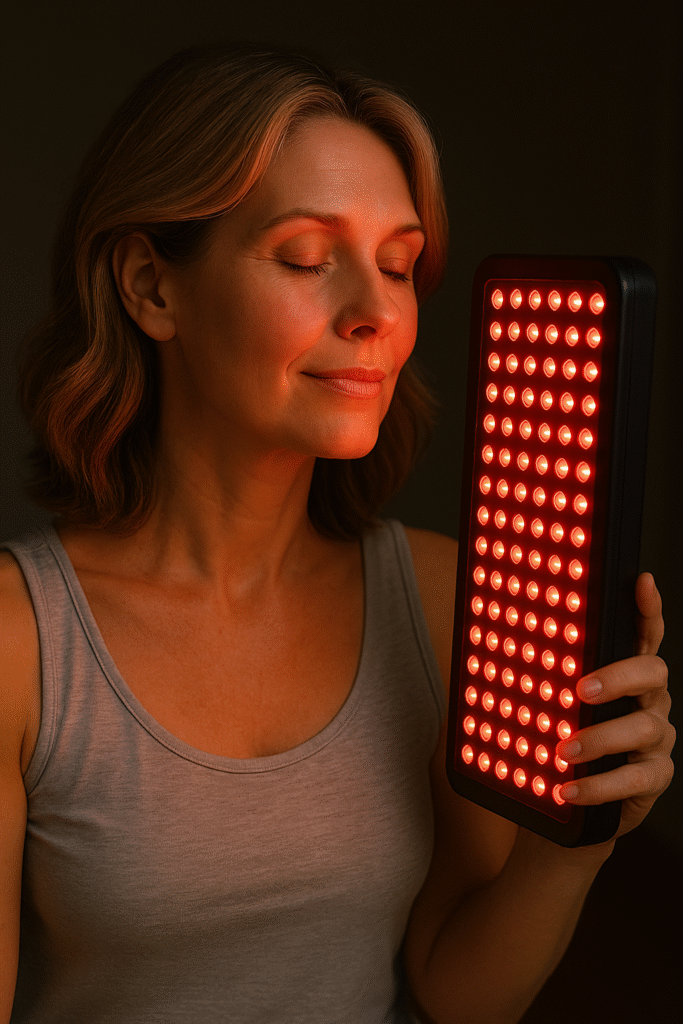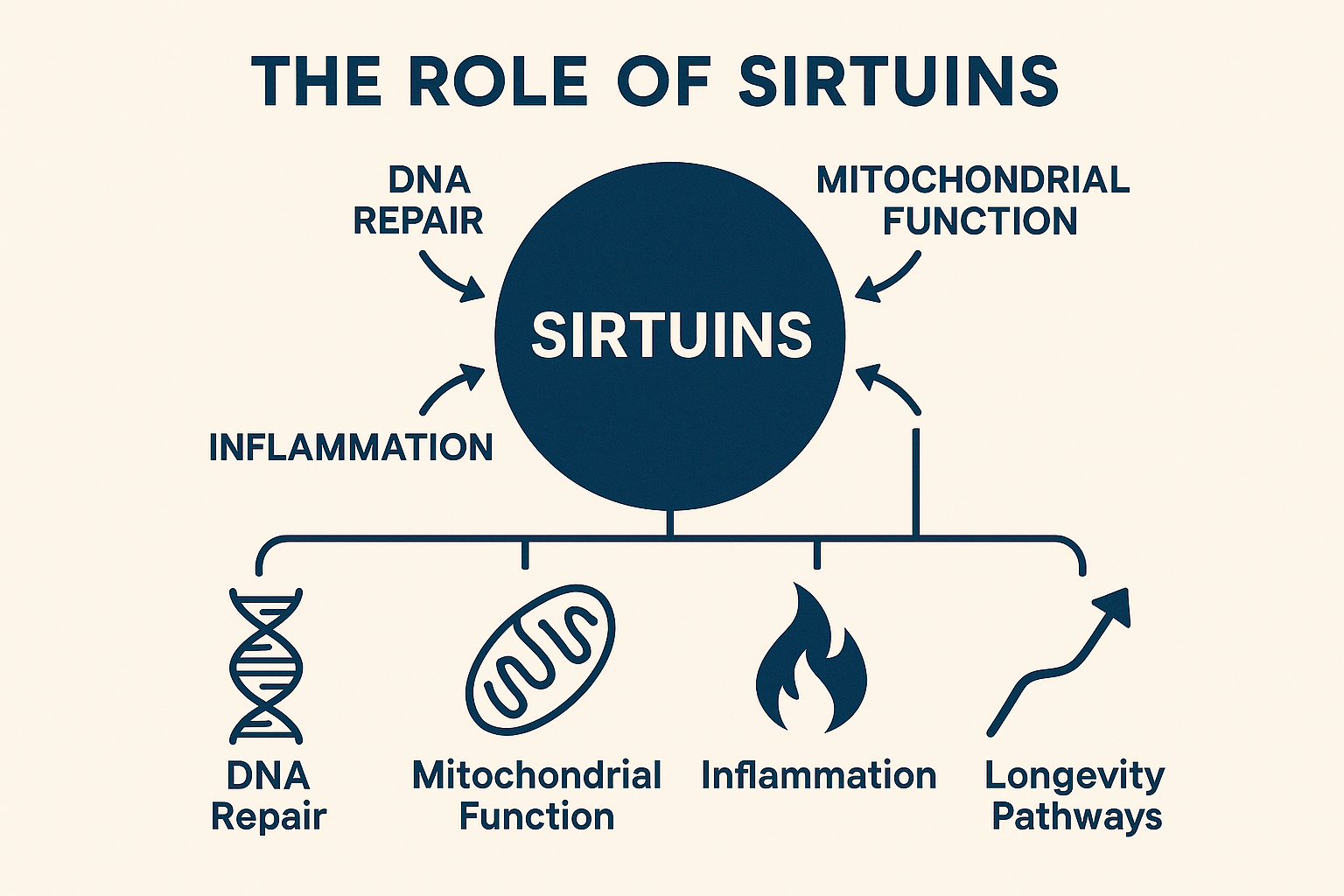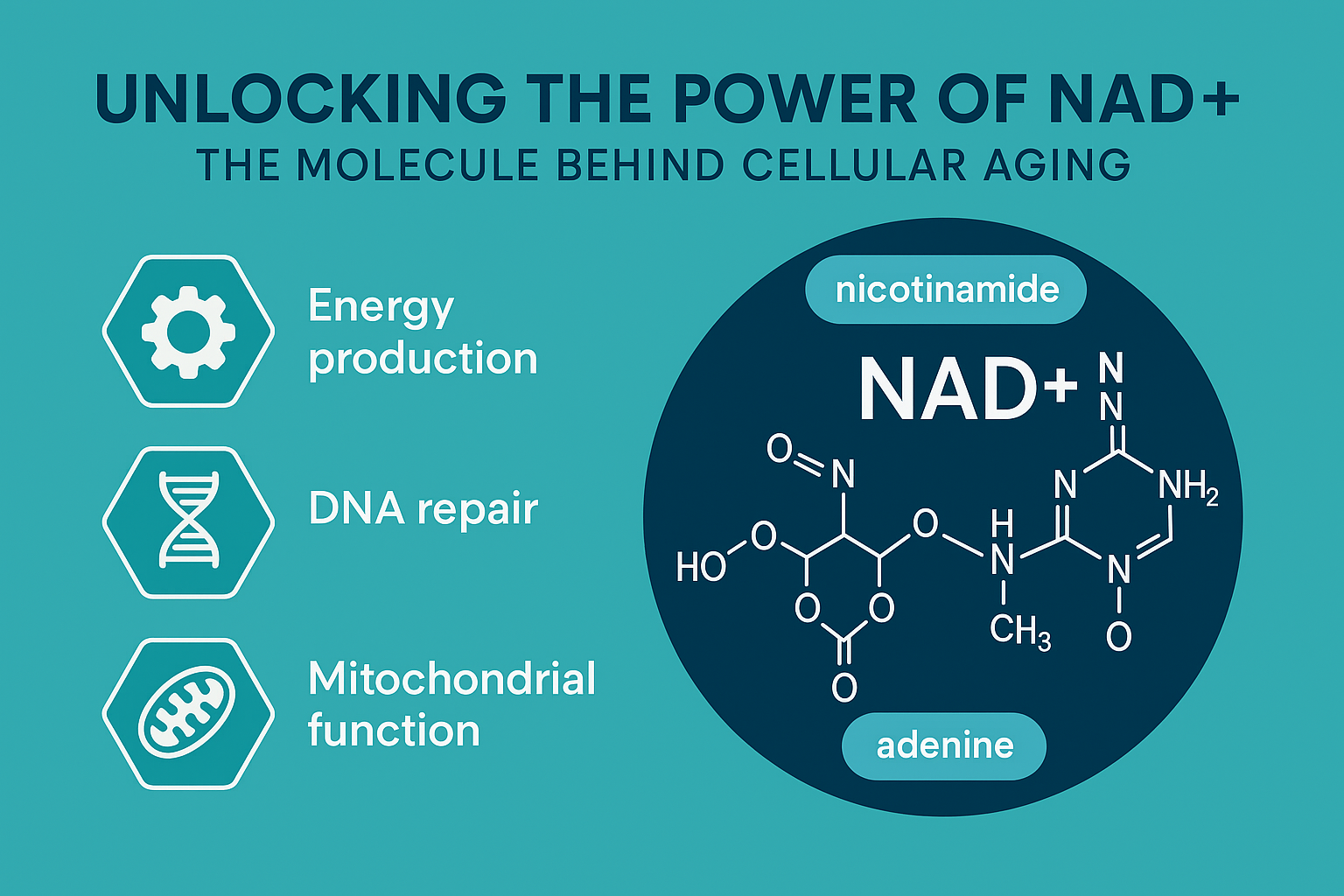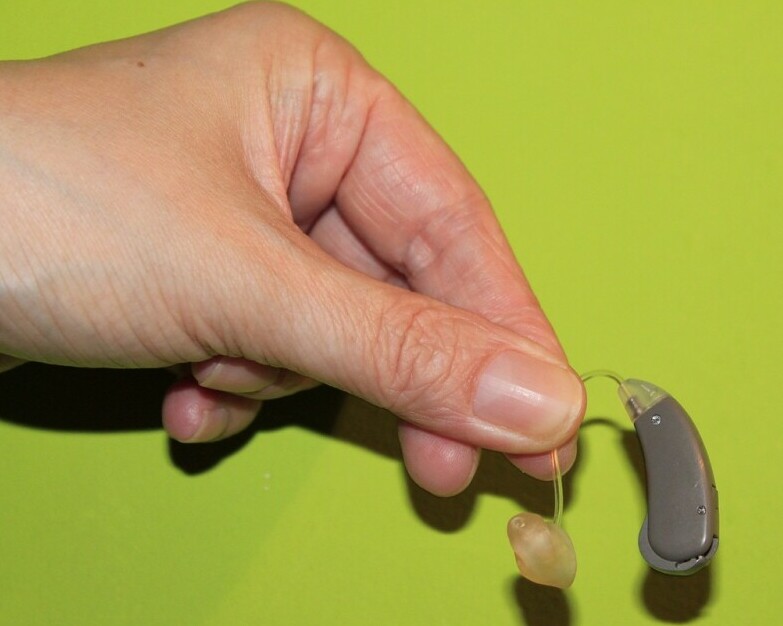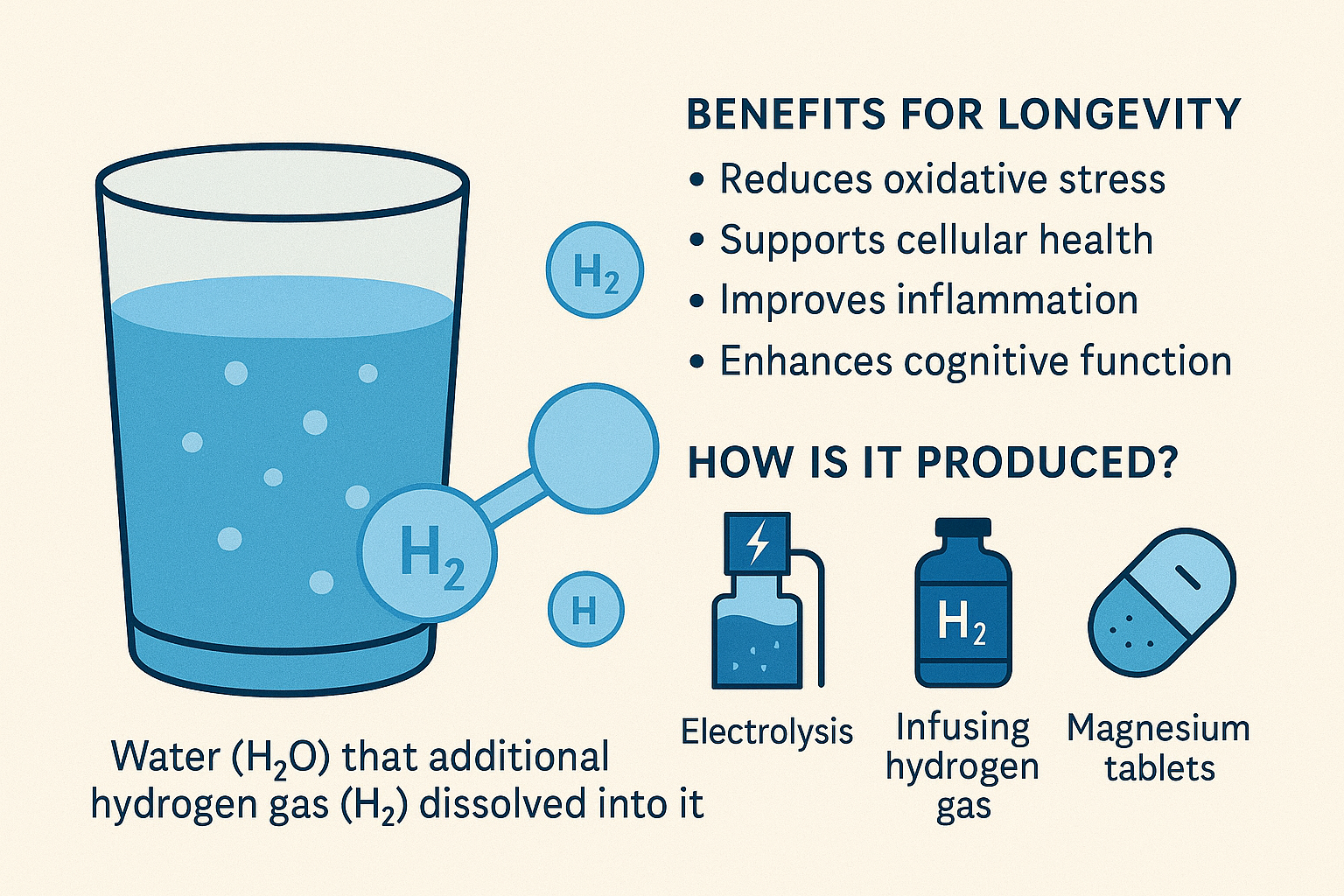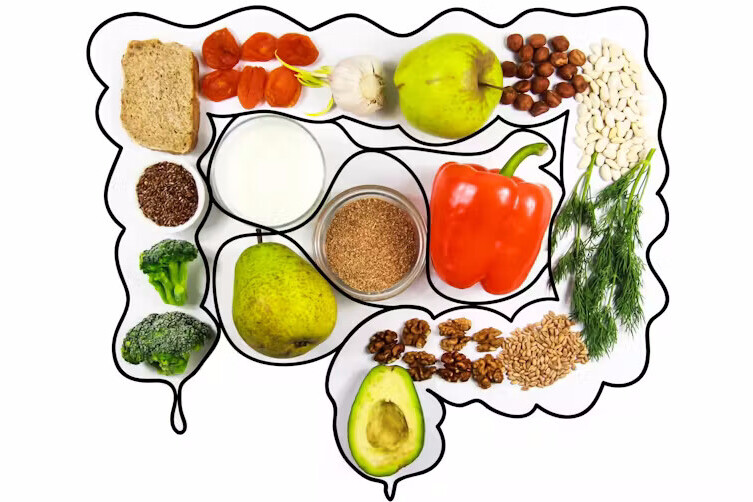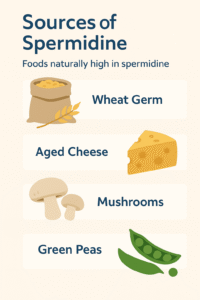Stay ahead of the curve with the latest scientific breakthroughs in the field of anti-aging. In a world where the quest for longevity is more intense than ever, understanding the most recent advancements can empower you to make informed decisions about your health and well-being. From telomere extension to AI-driven research, the cutting-edge science behind anti-aging is not only fascinating but also holds the potential to transform how we age. This article delves into the latest studies and breakthroughs, offering a comprehensive overview of the innovations shaping the future of anti-aging.
The Science of Aging
Aging is a complex process influenced by a variety of factors, including genetics, environment, and lifestyle. At its core, aging involves the gradual decline of cellular function, leading to the deterioration of tissues and organs. One of the critical mechanisms behind aging is cellular senescence, where cells lose their ability to divide and function properly. This process contributes to the accumulation of damaged cells in the body, promoting age-related diseases and conditions.
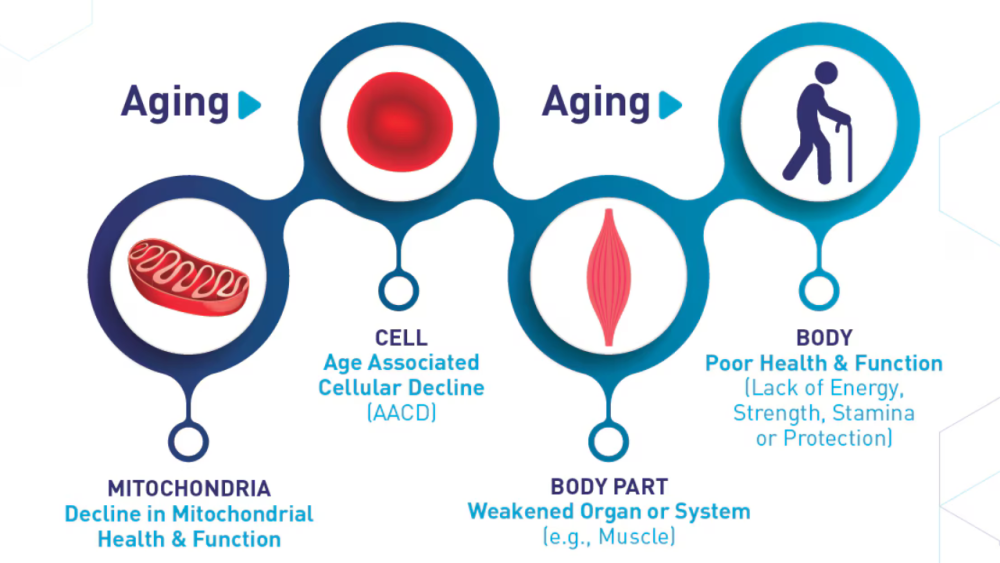
Understanding the biological processes of aging is essential to grasp the significance of the latest research. Key factors such as oxidative stress, inflammation, and mitochondrial dysfunction play a crucial role in accelerating the aging process. By targeting these factors, scientists aim to develop strategies to slow down or even reverse aging.
One of the critical challenges in anti-aging research is differentiating between myth and science. Numerous products and treatments claim to offer anti-aging benefits, but not all are backed by rigorous scientific evidence.
Check out the link to this video:
Breakthroughs in Anti-Aging Research
The field of anti-aging research has seen remarkable progress in recent years. Here are some of the most exciting breakthroughs:
1. Telomere Extension
Telomeres, the protective caps at the ends of chromosomes, play a vital role in cellular aging. Each time a cell divides, its telomeres shorten, eventually leading to cellular senescence. Extending telomeres has been a focal point of anti-aging research.

Recent studies have explored various methods to extend telomeres, including the activation of the enzyme telomerase. In 2015, researchers at Stanford University successfully extended the telomeres of human cells, effectively reversing the aging process in these cells. Although this research is still in its early stages, it holds promise for future anti-aging therapies.
2. Senolytics
Senolytics are a class of drugs designed to selectively eliminate senescent cells. These cells contribute to inflammation and tissue damage, accelerating the aging process. By removing senescent cells, senolytics aim to improve tissue function and extend lifespan.
Recent animal studies have shown promising results. For instance, a 2018 study published in Nature Medicine demonstrated that senolytics could reduce age-related physical dysfunction in mice. Early human trials are also underway, exploring the potential of senolytics in treating age-related diseases.
3. Caloric Restriction and Fasting
Caloric restriction (CR) and intermittent fasting (IF) have long been associated with increased lifespan in various organisms. These dietary interventions work by reducing metabolic stress and enhancing cellular repair mechanisms.

Recent studies have provided deeper insights into the benefits of CR and IF. A 2019 study published in Cell Metabolism found that intermittent fasting could improve metabolic health and reduce markers of aging in humans. These findings suggest that adopting such dietary practices could be a practical approach to promoting longevity.
4. Stem Cell Therapy
Stem cells have the unique ability to differentiate into various cell types, making them a powerful tool in regenerative medicine. Stem cell therapy aims to replace damaged or aging cells with healthy ones, potentially reversing the effects of aging.
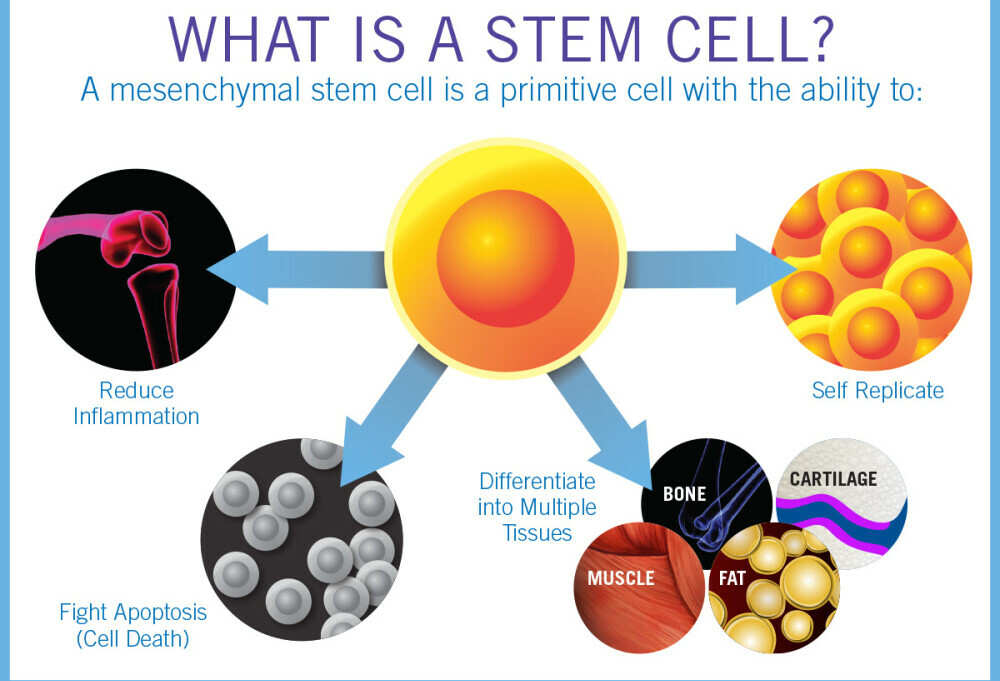
Recent advancements in stem cell research have led to the development of rejuvenation therapies. For example, a 2020 study published in Nature Communications demonstrated that injecting aged mice with young stem cells could improve their physical function and extend their lifespan. Although human applications are still being explored, these findings are a significant step towards effective anti-aging treatments.
5. Epigenetic Reprogramming
Epigenetics involves changes in gene expression without altering the DNA sequence. Epigenetic reprogramming aims to reverse age-related changes in gene expression, effectively resetting the biological clock.
Recent research has shown that epigenetic reprogramming can rejuvenate cells. A 2016 study by researchers at the Salk Institute successfully reprogrammed cells in mice, leading to improved tissue function and extended lifespan. This groundbreaking research highlights the potential of epigenetic reprogramming in anti-aging therapies.
Technological Advancements in Anti-Aging
The integration of advanced technologies has accelerated anti-aging research, offering new tools and methods to combat aging.
1. CRISPR and Gene Editing
CRISPR-Cas9 is a revolutionary gene-editing technology that allows precise modifications to the genome. This technology holds immense potential for addressing age-related genetic changes.
Recent studies have explored CRISPR’s applications in anti-aging. For instance, a 2021 study published in Nature Communications demonstrated that CRISPR could be used to target and repair age-related genetic mutations in mice. While the ethical considerations of gene editing are still being debated, its potential to extend human lifespan is undeniable.
2. Artificial Intelligence in Anti-Aging Research
Artificial intelligence (AI) is playing a crucial role in accelerating anti-aging research. AI algorithms can analyze vast amounts of data, identifying patterns and potential therapeutic targets.

Recent breakthroughs achieved through AI include the identification of new anti-aging compounds. A 2020 study published in Nature reported that AI had discovered several potential senolytic compounds, expediting the drug discovery process. The future of AI-driven research promises even more rapid advancements in the field of anti-aging.
Practical Implications of Anti-Aging Research
The latest research in anti-aging not only advances our scientific understanding but also has practical implications for everyday life. Here are some ways to incorporate these findings into your routine:
- Telomere Health: Consider adopting lifestyle changes that promote telomere health, such as regular exercise, a balanced diet, and stress management techniques.
- Senolytic Foods: Include foods with potential senolytic properties, such as berries, nuts, and cruciferous vegetables, in your diet.
- Fasting Practices: Explore intermittent fasting or caloric restriction under the guidance of a healthcare professional to enhance metabolic health.
- Stem Cell Boosting: Stay informed about advancements in stem cell therapy and consider consulting with medical professionals about emerging treatments.
- Epigenetic Modulation: Engage in activities that promote healthy epigenetic changes, such as regular physical activity and a diet rich in antioxidants.
Ethical and Societal Considerations
As anti-aging research progresses, it raises important ethical and societal questions. Extending human lifespan presents dilemmas regarding population growth, resource allocation, and healthcare equity. Ensuring that advancements are accessible and equitable is crucial to avoid exacerbating existing inequalities.
Furthermore, the ethical implications of technologies like gene editing must be carefully considered. Balancing the potential benefits with the risks and ethical concerns will be vital as we move forward in the quest for longevity.
Conclusion
The latest breakthroughs in anti-aging research offer exciting possibilities for extending human lifespan and improving quality of life. From telomere extension and senolytics to stem cell therapy and AI-driven research, these advancements are paving the way for a future where aging can be better managed, and perhaps even reversed. Staying informed and proactive in adopting healthy aging practices can help you take advantage of these cutting-edge discoveries. The journey towards longevity is just beginning, and the potential impact on human health and well-being is immense.
Disclaimer: Some of the links displayed may be affiliate links, which means that if you click on the affiliate link, I may receive a small commission. The commission is paid by the retailers and at no cost to you which helps to support this site with the growing content. Thank you! In addition, I am not a medical professional. Ideas presented in this video are for entertainment and informational purposes only. Please do your own due diligence and seek medical advice from a licensed healthcare professional before starting any new regimen, diets, supplements, or programs to ensure it is safe and suitable for your individual health needs and circumstances. No material on this video is intended to be a substitute for professional medical advice, diagnosis, or treatment. Always seek the advice of your physician or other qualified health care provider with any questions you may have regarding a medical condition or treatment.


